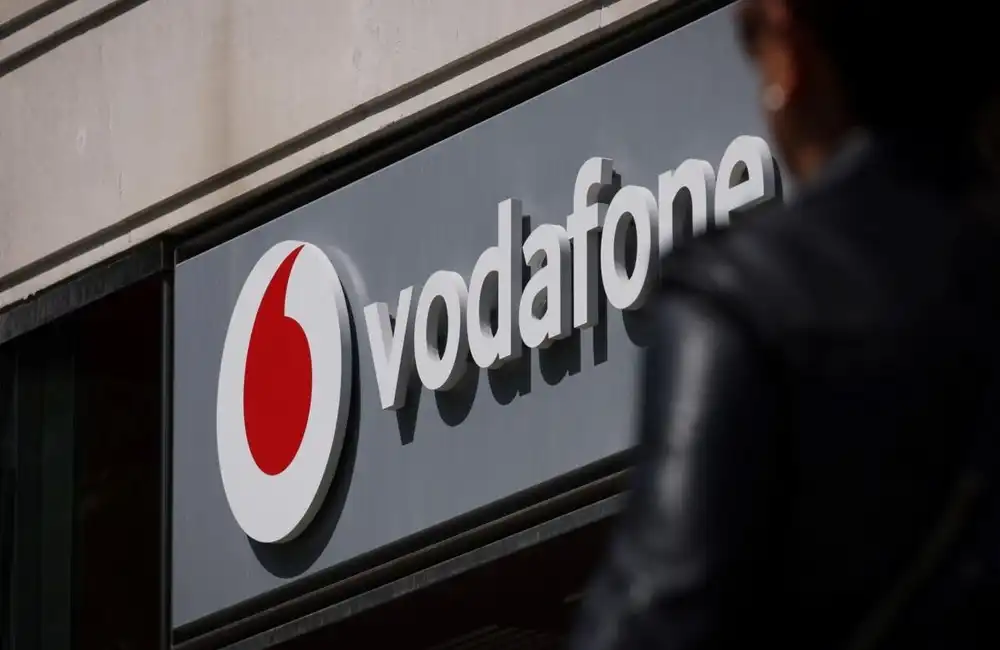BT and Vodafone, two of the United Kingdom’s largest telecom operators, are reportedly in advanced discussions regarding a potential merger, creating waves across the telecommunications sector.
While no final decision has been announced, the proposed deal is drawing keen interest from investors, analysts, and regulators due to its potential implications on both the market structure and competitive landscape. This article examines the scope of the proposed merger, its strategic rationale, and the broader sector implications.
Scope of the Proposed Merger
The discussions between BT and Vodafone are centred on a combination of their fixed-line and mobile business assets in the United Kingdom. Together, the companies could significantly bolster their service offerings in broadband, mobile networks, and converged digital services.
BT Group, which owns the broadband giant Openreach, operates the UK’s largest fibre broadband network and services millions of residential and business customers. It also holds a substantial presence in the mobile market through its EE brand, one of the leading players in terms of UK subscriber share.
Vodafone, in contrast, operates extensive mobile services in the UK and has a robust international presence as one of the world’s largest telecom operators. Although Vodafone’s fixed-line broadband services in the UK are smaller in scale than BT’s Openreach offering, its mobile services are a critical piece of the UK’s telecom ecosystem.
An agreement between the two entities would be unprecedented, integrating BT’s fixed-line dominance with Vodafone’s global expertise in mobile networks. This combination has the potential to create a telecom powerhouse capable of serving both domestic and international markets at even greater capacity.
Furthermore, the proposed merger would likely focus on leveraging Vodafone’s global partnerships and presence in international markets to complement BT’s more UK-focused infrastructure. Such an arrangement could provide the unified entity with a strong competitive advantage, combining complementary expertise and assets.
Strategic Rationale
1. Achieving Scale and Market Share
One of the primary motives behind the proposed deal is to consolidate market position. Together, BT and Vodafone would account for a significant share of the UK’s broadband and mobile segments. By merging, the companies could strengthen their competitive edge, particularly against upcoming rivals such as Virgin Media O2 and Three UK. Scale would not only increase their bargaining power for key resources but would also allow the joint entity to offer more competitive customer packages.
Such scale could also allow the companies to optimise network deployment and streamline operations across their combined customer base while safeguarding their market share in an industry that demands regular infrastructure upgrades and service enhancements.
2. Capital Expenditure and Cost Synergies
Another compelling rationale is the potential to realise significant cost and capital expenditure synergies, which could strengthen overall profitability. Both companies incur significant expenditure in operating and expanding their networks. By merging, they could eliminate duplicate infrastructure initiatives and optimise their procurement and operations processes.
Joint investments in network infrastructure, such as fibre expansion and data centre builds, could result in lower per-unit costs across the combined customer base. The rationalisation of overlapping corporate functions and distribution networks could further improve margins, freeing up resources that could then be reinvested in growth areas.
3. Accelerated 5G Rollout
As the telecommunication industry rapidly evolves towards 5G technology, this merger may also serve to accelerate the deployment of 5G networks across the UK. Both BT’s EE network and Vodafone’s mobile offerings have made significant strides in rolling out 5G, but their combined resources could significantly expedite the process.
With 5G expected to drastically enhance data speeds and support the Internet of Things (IoT), the merged entity could play a pivotal role in meeting consumer and enterprise demands. Furthermore, a more comprehensive and rapid 5G rollout could improve rural broadband coverage and bring next-generation connectivity to underserved areas.
Sector Implications
1. Peer Valuations and Competitive Dynamics
A merger of this magnitude would immediately shift competitive dynamics across the sector. Rival firms such as Virgin Media O2 and Three UK would face intensified competition, possibly prompting strategic responses such as mergers, partnerships, or additional infrastructure investments to maintain their market positions.
Additionally, telecom-services peer valuations could rise in anticipation of further industry consolidation. Investors may begin factoring in synergies and efficiency improvements across the sector as companies consider new ways to compete with a potentially larger BT-Vodafone entity. However, should regulatory intervention occur, concerns on future mergers or anti-competitive practices might suppress investor sentiment in the medium term.
2. Impact on Bond Yields
Telecommunications firms are traditionally known for their capital-intensive operations, with significant reliance on bond issuances to fund infrastructure projects and acquisitions. The potential merger could influence bond yields in the industry.
For BT and Vodafone, the promise of synergies and cost reductions might lower financing costs if the market assesses that the merger improves their balance sheet positions and reduces operational risks. On the other hand, uncertainties surrounding regulatory approval and the scale of integration costs may lead to some volatility in corporate bond levels during the transition phase.
Additionally, competitors facing heightened competition from a newly consolidated BT-Vodafone may experience rising borrowing costs as they rely on debt financing to fund differentiation strategies such as network enhancements.
3. Regulatory and Consumer Considerations
It is also worth noting that regulatory scrutiny will undoubtedly play a role in shaping the merger’s outcomes. The merger would significantly reduce the number of major telecom operators in the UK, which could raise concerns over reduced competition and potential pricing pressures for end consumers.
Nonetheless, proponents of the deal may argue that improved network efficiency and infrastructure investment stemming from consolidation could ultimately benefit customers, particularly in terms of service quality and access to advanced technologies such as 5G.
A Defining Moment for UK Telecoms?
The prospect of a merger between BT and Vodafone comes at a critical juncture for the telecommunications industry, as companies across the globe continue to adapt to the rapid pace of technological advancement, increasing consumer demands, and shifting market conditions.
If this deal progresses, it could set a new benchmark for the scale and scope of telecom operator consolidations within the United Kingdom. It would also underline the growing strategic importance of partnerships within an industry where the race to 5G, digital transformation, and market differentiation accelerates unabated.
For those watching closely, the implications of such a merger could reverberate across financial markets, regulatory frameworks, and the telecom industry at large.
Stay informed with the latest developments in mergers and acquisitions. Subscribe to Advisor’s Gateway’s fortnightly newsletter for M&A alerts.


















